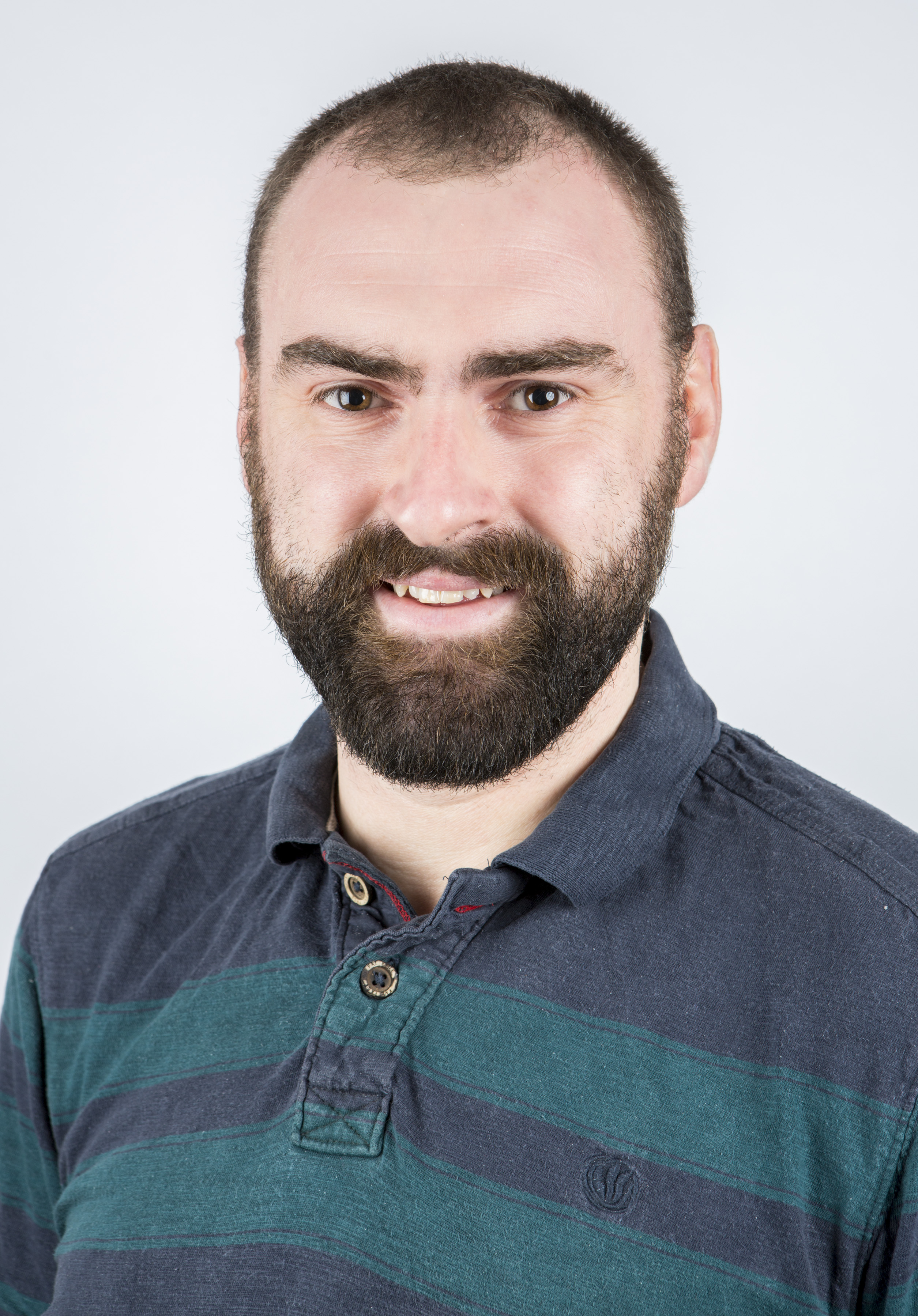 ‘Realising the graphene revolution in Wales’
‘Realising the graphene revolution in Wales’
Mark Eaton is a research associate at Cardiff School of Engineering where he is currently investigating the use of graphene in carbon fibre composite materials.
Discovered in 2004, graphene is made up of just a single layer of carbon atoms which is 100,000 times thinner than a human hair. Despite its size, graphene is 100 times stronger than steel and capable of conducting significantly more heat and electricity than copper, but can something so small really make a difference? With my research into developing new carbon fibre composite materials, I hope to answer that question with a resounding “yes!”.
Our ever increasing reliance on air transport for international travel comes at a great cost to the environment. The amount of energy required for these flights could however be reduced by developing stronger and more damage resistant materials to produce lighter weight aircraft. Use of carbon fibre in aircraft manufacture has gone a long way to achieve this, however their susceptibility to damage caused by accidental impact, such as a bird strike or a dropped tool, means that aircraft designers must use additional material to ensure safety.
Current carbon fibre composites are made from a cloth, woven out of carbon fibres, which is held within a plastic resin. My research aims to investigate how incorporating thousands of graphene pieces within this plastic could make currently used materials much stronger and more resistant to damage. The greatest challenge faced in achieving this task is getting the graphene evenly spread throughout the plastic. In addressing this challenge we have worked closely with Haydale Ltd., a Welsh company, who have pioneered a novel treatment for graphene that alters its chemistry and makes it interact far better with plastic materials.
With their help we have developed a new way of producing graphene reinforced carbon fibre composites. These new materials have demonstrated up to 40% more resistance to cracking than traditional carbon fibre composites and 60% greater strength after damage. At Cardiff University we have made and tested aeroplane parts from this new material, and plan to work with the Cardiff University’s Morgan-Botti lightning laboratory to assess their damage tolerance when struck by lightning, which is another area of concern for composite materials.
Some are predicting that the global graphene market will be worth over $300bn within 10 years and Wales is well-placed as a nation to take advantage of exciting new developments in graphene technology. Companies like Haydale Ltd. are able to supply high quality graphene that can give a technological advantage to our vibrant composite industry. This would help to further develop a well-established aerospace industry that already employs over 23,000 people across 160 companies within Wales.
Mark may be contacted at EatonM@cardiff.ac.uk
This article first appeared in the Western Mail on 10th November 2014, as part of the Welsh Crucible series of research profiles.
